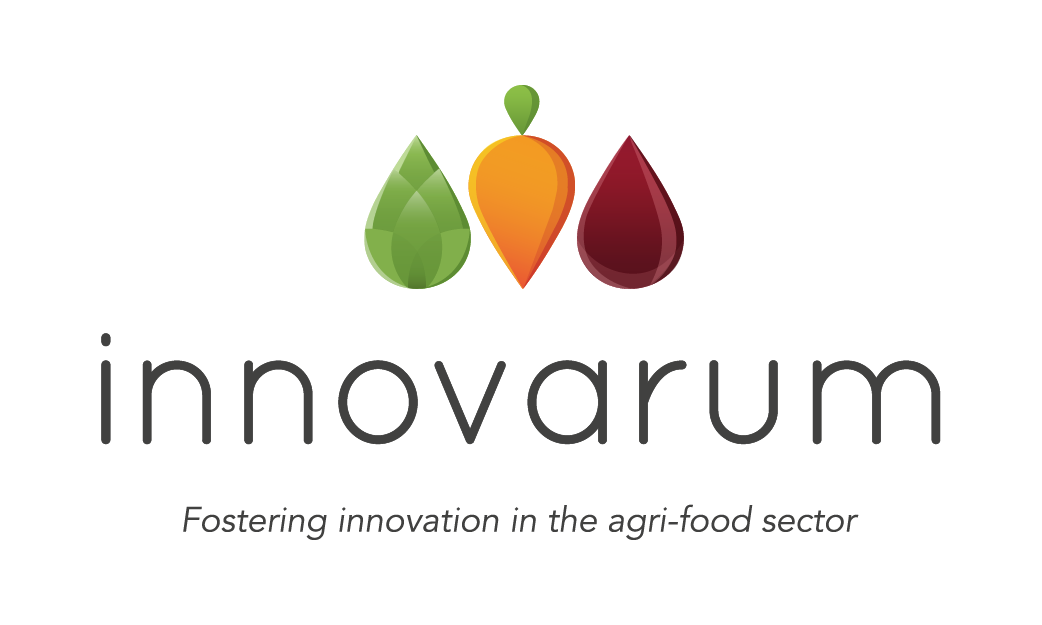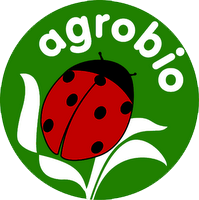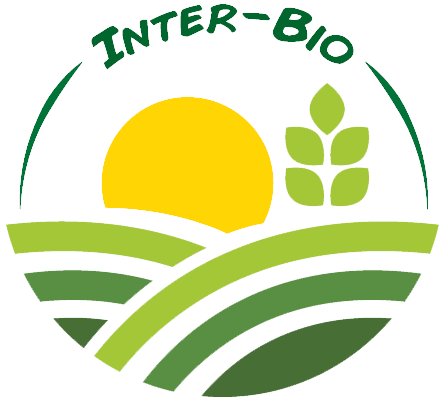
250 farms from 12 countries across Europe

Networking and Peer-to-peer learning

On-farm climate data collection and strategies
Using the power of organic farming to reach EU climate goals
The EU aims to achieve climate neutrality by 2050. In the agricultural sector, the EU sees organic farming in a key role to achieve this goal, as it promotes practices that support climate change mitigation with additional co-benefits for the environment.
The OrganicClimateNET Project acts as a model for the European organic sector to enable farmers to integrate climate farming, thereby enhancing their capacity to mitigate and adapt to climate change.


250 farms from 12 countries across Europe

Networking and Peer-to-peer learning

On-farm climate data collection and strategies
Using the power of organic farming to reach EU climate goals
The EU aims to achieve climate neutrality by 2050. In the agricultural sector, the EU sees organic farming in a key role to achieve this goal, as it promotes practices that support climate change mitigation with additional co-benefits for the environment.
The OrganicClimateNET Project acts as a model for the European organic sector to enable farmers to integrate climate farming, thereby enhancing their capacity to mitigate and adapt to climate change.

OrganicClimateNET in a nutshell
Enabling farmers to integrate organic climate farming
OrganicClimateNET will establish a network involving and supporting 250 organic farms to spearhead the integration of organic climate farming. Facilitated by trained advisors, farmers will engage in dynamic peer-to-peer learning and knowledge exchanges within 24 hubs across 12 EU countries.

Climate & organic farming: making a natural symbiosis future-fit
Organic climate farming refers to an agricultural approach that links organic farming principles with climate farming practices.
The principles of organic farming promote a healthy planet, integrating ecological systems and natural cycles in its work. This approach benefits healthy soils, promotes biodiversity, and provides other co-benefits leading to resilient farming systems.
By incorporating a particular climate perspective into these principles, organic climate farming will contribute to increasing climate resilience and supporting wider climate change mitigation activities.
Stay connected
Dive deeper with our blog content
Be the first to know about the latest project updates
Your Content Goes Here



























